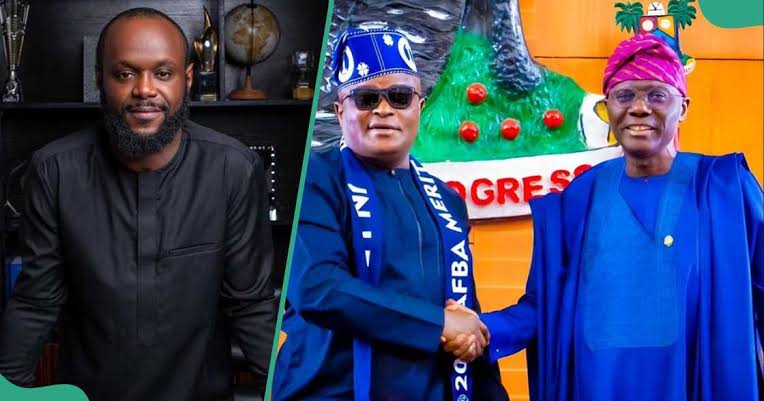ARTICLE AD
In a repeat of their dismal outing at the Paris 2024 Olympic Games, Team Nigeria fell short of expectations at the 2024 World Athletics U20 Championships in Lima, Peru.
It also proved a tough battleground for the country that again failed to secure a spot on the podium despite fielding several promising athletes.
Expectations were high heading into the Paris 2024 Olympics, but the country returned without a medal in the kitty despite fielding 88 athletes across 12 sports.
It was Nigeria’s worst Olympic performance since London 2012, with key athletes like Tobi Amusan, Blessing Oborududu, Favour Ofili, Ese Brume, and Quadri Aruna failing to deliver.
Nigeria’s participation was smeared by a litany avoidable controversies, which include athlete selection, dropping of important coaches, failure to register Favour Ofili for the women’s 100m, agitation for an equal training grant by home-based athletes, and the double kitting saga.
Aside from the above-listed controversies, the country’s outing in Lima was even more abysmal, with all medal prospects failing at early hurdles, a stark reflection of the broader issues in Nigerian athletics.
The women’s 4×100 meters relay team, comprising Justina Eyakpobeyan, Prestina Ochonogor, Favour Onyah, and Precious Nzeakor, initially finished fifth in their heat before hopes got completely dashed when they were disqualified for a late baton exchange, erasing any chance of a final appearance.
The women’s 4×400 meters team compounded worries about pulling out of their race, sinking a final in the coffin before the final day of the competition.
The men’s 4×100 meters relay team, consisting of Caleb Joshua, Oseiwe Salami, Caleb John, and Chidera Ezeakor, came close on Friday but ultimately missed out on the final the following day.
Running a season’s best of 40.28 seconds, they finished third in their heat, falling short of an automatic qualifying spot. The final berth slipped away as their time did not place them among the fastest losers.
These failures underscore the ongoing challenges Nigerian athletics faces on the global stage. After the team’s medal-less outing at the Paris 2024 Olympics, hopes were high that the young athletes would reverse the trend in Lima.
Instead, Nigeria’s struggles continue, with back-to-back disappointments at two consecutive World U20 Athletics Championships.
Team Nigeria’s performance in Peru was a stark reminder of the need for more investment in grassroots sports development and better support for young athletes.
Potential is evident, as shown by the men’s relay team’s season-best performance; turning it into podium finishes remains a significant challenge.
The relay teams were Nigeria’s last hope in Lima, and their early exits marked the end of the country’s participation in the championships, adding to a growing list of missed opportunities on the world stage.
The results serve as a wake-up call for sports administrators, coaches, and athletes alike to re-evaluate their strategies and make the necessary adjustments ahead of future competitions.
With the conclusion of the 2024 World Athletics U20 Championships, Nigeria’s focus now shifts to the next generation of athletes.
As the country continues to search for its next global star, the lessons from Lima must be imbibed if Nigeria is to break free from this cycle of disappointments.

 2 months ago
9
2 months ago
9 

